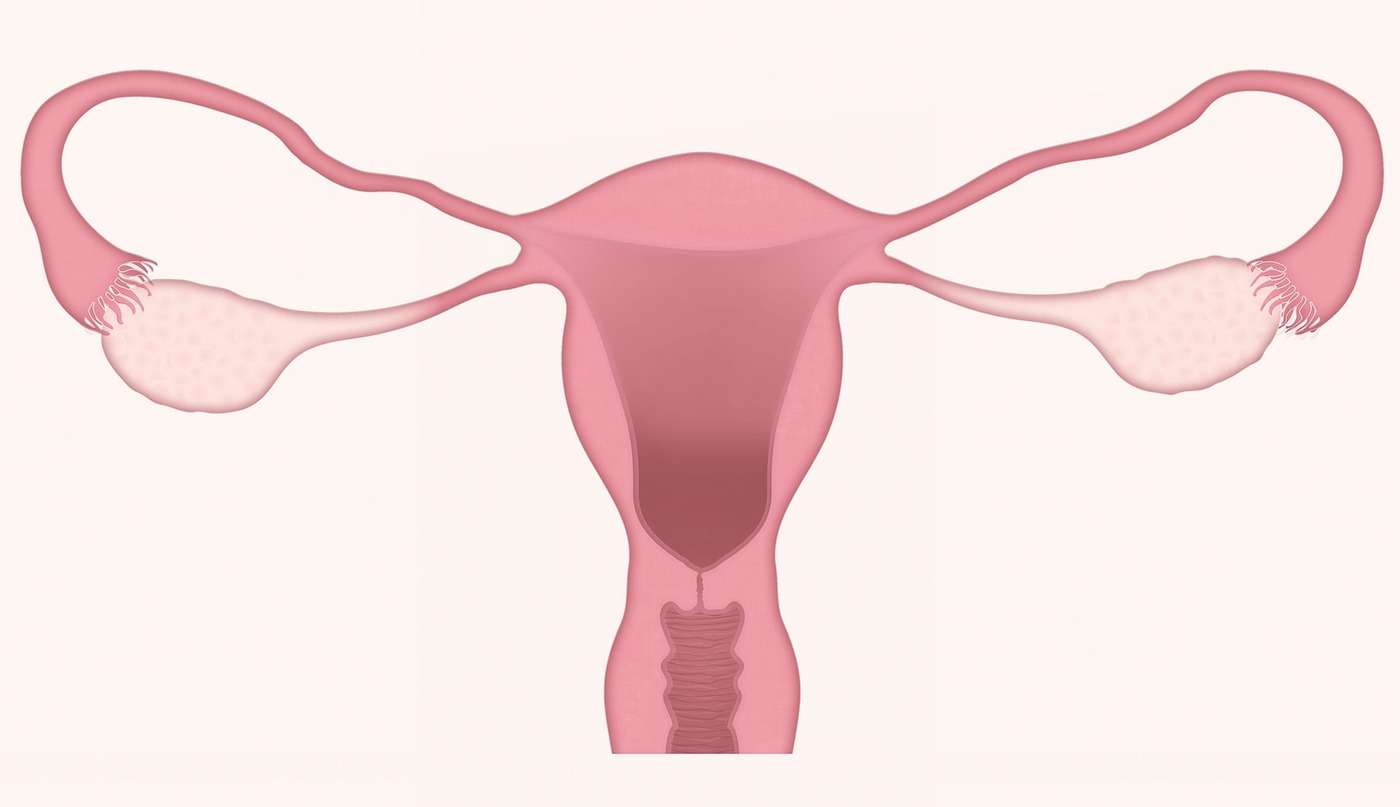Researchers Discover Proteins That Could Soon Restore Damaged Hearing and Irreversible Deafness
Researchers have just discovered a genetic tool in mice which could soon treat irreversible deafness and hearing loss.

Hundreds of thousands of women are diagnosed with endometriosis every year, and often are left without any hope for an "effective treatment" other than taking hormones.
Thankfully, a promising new study indicates that the cannabinoid THC might be able to alleviate the worst symptoms of the disease.
Endometriosis is a condition in which the tissue that normally grows on the inside of the uterus grows on the outside, which causes chronic, shooting pain in the uterus. About 1 in 10 women in the US suffer from the condition, and although symptoms can start at any age, they generally start in women's thirties or forties.
Symptoms can range from mildly frustrating to chronically unbearable. What causes endometriosis? There are a number of theories: erratic stem cell growth, environmental toxins, autoimmune irregularity, or retrograde periods (when menstrual flows backwards into the fallopian tubes).
The Mayo Clinic says hormones are responsible for the buildup of endometrial tissue each month, and therapies like hormonal contraceptives can manage the growth—birth control pills, patches, or vaginal rings. But hormones have side effects.
Some women focus on their diet, limiting caffeine and alcohol, and many others take some form of pain medication. For others, a more drastic solution is required, like undergoing mildly invasive surgeries to remove the growths—or even the entire uterus, in extreme cases. Very few solutions are pain-free and risk-free, and all of them only address the symptoms.
However, recent experiments made by Spanish medical researchers at the University Pomeu Fabra of Barcelona could be turning things around for those suffering from the debilitating condition.
In January 2020, a research team led by Rafael Maldanado published a study investigating an unlikely endometriosis treatment option: THC. And while these experiments were done using mice, their findings were so significant that clinical tests on women are now being funded at the Gynecology Service of the Clinical Hospital of Barcelona.
THC is the psycho-active ingredient in the Cannabis sativa plant, and since it was a major target in the "War on Drugs", the plant has been largely absent from medical research for the last 60 years.
"Although cannabis comes with a large number of potential side effects, its medicinal properties could provide pain relief in endometriosis and other conditions," said Maldonado, Professor at the University Pompeu Fabra of Barcelona.
It could even do more than that.
Researchers studied three specific things in the mice they tested: how THC affects pain-related anxiety, how THC affects pain-related memory deficiencies, and how it affects the actual endometrial growths on the uterus.
The results were surprising, even to the researchers. First, implants that mimic the pain caused by endometriosis were placed in the pelvises of a group of female mice. These implants are already known to cause growths on mice uteruses, just like endometriosis. The implanted group was found to be more anxious; specifically less willing to explore new spaces. They also had a harder time remembering and identifying objects than their pain-free counterparts.
Out of the group of mice with endometriosis-mimicking pain implants, a portion were dosed with 2mg/kg THC for 28 days. The THC-treated mice were shown to be less anxious than their untreated counterparts, and their memory test results were no different than the control group of pain-free mice.
While those findings are already evidence that THC might prove an effective treatment option for humans suffering with chronic pain, there was a much more notable surprise waiting for the researchers: by the end of the experiment, the THC-treated mice had endometrial growths that were noticeably smaller than their non-treated fellow mice.
The study gives hope to the medical community and so many people living with endometriosis that THC, which is already known to help relieve chronic pain, may also help to stop malignant growths. Perhaps we have only begun to tap its full healing potential.
And, as for the psychoactive effects of THC, a number of the over-400 natural cannabinoids in the plant can be tapped to lessen the psychoactive effects of the THC. That means a THC compound might, in the future, be usable for endometriosis, while not causing the high induced by other strains of the plant.
Treat Your Friends To A Daily Dose Of Good News By Sharing This To Social Media…
Be the first to comment